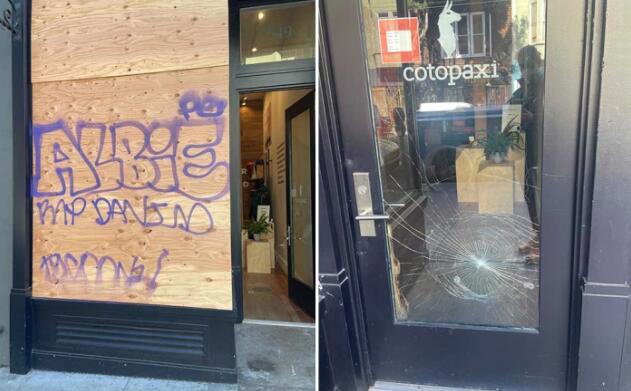As organized retail crime intensifies, some companies are reporting massive profit losses from the impact.
Target CEO Brian Cornell on Wednesday said the company has seen “a significant increase in theft and organized retail crime” across its business and has invested in new training and technology to combat the problem, which is typically driven by organized crime rings that sell stolen goods online.
Target said retail shrink — or when stores have fewer products than recorded in inventory books — has intensified in certain geographies, largely driven by retail crime. This shrink has reduced the company’s gross margin by $400 million year-to-date and could grow to a $600 million impact by the end of the year.
“This is a nationwide problem that we need to address nationwide with other retailers,” said Target COO John Mulligan. “There is a role for us to work as a retail group with law enforcement with the government to help find solutions.”
The big box retailer is not alone. Rite Aid in September noted a $5 million headwind from shrink, mainly in its New York urban stores. And according to local news reports, a Nike Community Store in Northeast Portland has been closed for weeks since dealing with a series of shoplifting incidents. (FN has reached out to Nike for a comment.)
Retail crime has been especially problematic in California. Last month, Cotopaxi closed its San Francisco store after a stream of smash and grab thefts hit the store since it opened a year ago.
On a national level, the U.S. House of Representatives on Thursday passed the Integrity, Notification, and Fairness in Online Retail Marketplaces (INFORM) Consumers Act, which works to help inform consumers about this illicit activity and helps law enforcement target criminals who sell high volumes of stolen merchandise on e-commerce marketplaces. The Act is currently awaiting approval in the Senate.
Retail trade groups applauded the House’s passage of the Act this week. The American Apparel & Footwear Association president and CEO described the move as “an important first step in the effort to keep counterfeits off of popular marketplaces and out of consumers homes.”
National Retail Federation also praised the move.
“There is no place for crime targeting retailers in American communities,” said NRF SVP of government relations David French in a statement. “These brazen crimes are not only dangerous but also impact retailers with significant financial losses and disruptions to business operations.”
Retailers reported a 26.5% increase in organized retail crime in 2022, according to an NRF survey.
